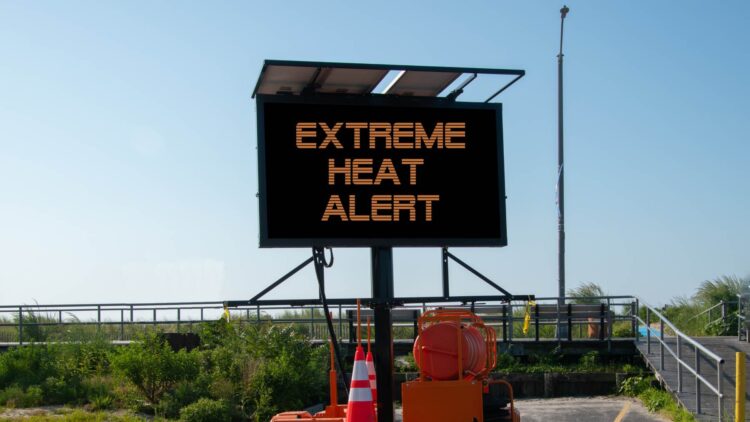While many will try to convince those of lesser means that air conditioning is a privilege, the reality is that extreme heat is deadly and affects disproportionately those who cannot afford to pay the enormous electric bills that come with running it, especially during heatwaves. In the past few years, the heat alerts have become more and more common as temperatures rise, and traditional methods of combating heat are no longer effective, leaving families vulnerable to heat stroke and other related conditions. Seeing the trend, the Government has decided to step in, and several states now offer assistance to their residents so they can pay the ever increasing electricity bills this summer.
The Low Income Home Energy Assistance Program (LIHEAP) is the primary source of federal aid, but other state and federal programs can ease the financial burden during heat waves and some programs even give residents free air conditioning units. This financial assistance has become key to many middle- and low-income households that have issues with cooling during the summer months.
As Maria Reyes, a grandmother in Phoenix who relies on LIHEAP to keep her grandkids safe during Arizona’s brutal summers confirmed Last July, my old AC unit died during a 110-degree week,” she shared. “LIHEAP covered a new window unit within 48 hours. Without it? We’d have ended up in the ER.” And she is far from the only one.
How LIHEAP helps families stave off heat waves
Since this program is handled by every state slightly differently, the calendar is also dependent on each state. For example in southern places like California or Texas where heat is year round there is no dates to apply and the program is open year round, but other states have a very short 45 day window that you must abide by if you want the help.
The states that have a year round application window are California, District of Columbia, Nevada, Oregon, Tennessee and Texas, but funds tend to run out quickly, so if you live in one of these states do not wait until the heat is unbearable to apply.
The states that try to get ahead of the heat and have a March–April deadline are Hawaii (March 1), Arizona (April 1, varies by county), Florida (April 1) and Georgia (April 1). The ones where you can only get help once the heat arrives are Alabama (May 1), Delaware (May 1), Kentucky (May 1), Mississippi (May 1), South Carolina (May 1), Arkansas (July 7), Ohio (July 1) and Oklahoma (July 15, high depletion risk)
Other states that also have programs but are non specific are:
- Illinois (no dedicated cooling program—rolls into general energy aid)
- North Dakota (activates during extreme heat)
- Louisiana (redirects unused heating funds)
Although the LIHEAP program saves many lives by helping people cope with extreme summer coditions, it does not fully address the needs in every state and could be vastly improved. In Nebraska, for example, support is only offered if unspent funds remain, leaving vulnerable communities in places like Omaha at risk and Virginia ends its coverage on August 15, despite most of the state’s heatwaves occurring later in the season. According to Dr. Evan Singh, an emergency room doctor in Richmond, “We see ER visits spike when programs sunset too soon.”
And he is not the only one advocating for the program to be expanded and protected, activist Luis Mendez, whose coalition helped expand New York’s cooling aid period expresses as well “This isn’t about comfort. It’s about whether a 78-year-old on fixed income lives through September.”
Lives are lost every summer to heat, and without programs like these, the deaths will skyrocket, but maintaining the program as it is because it technically helps people is not enough, it needs to be expanded and available to as many people as possible.

